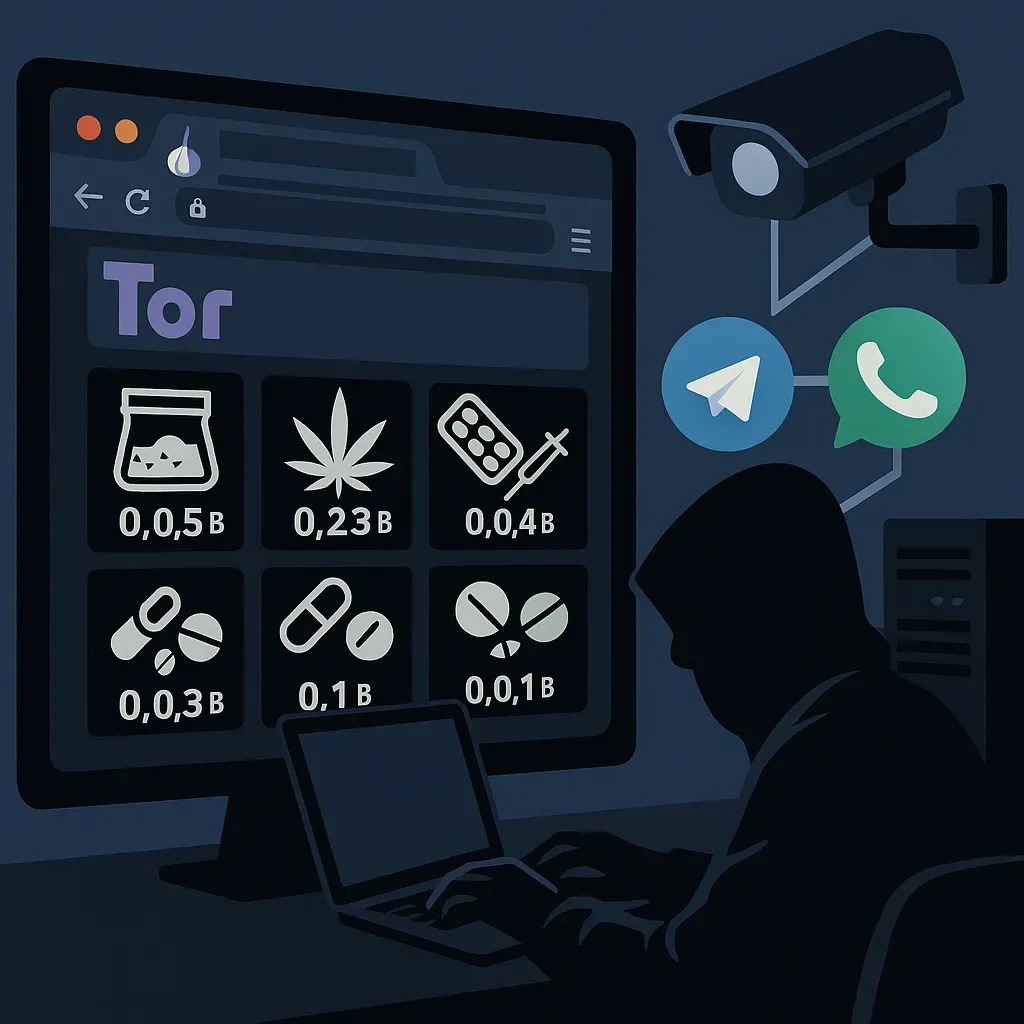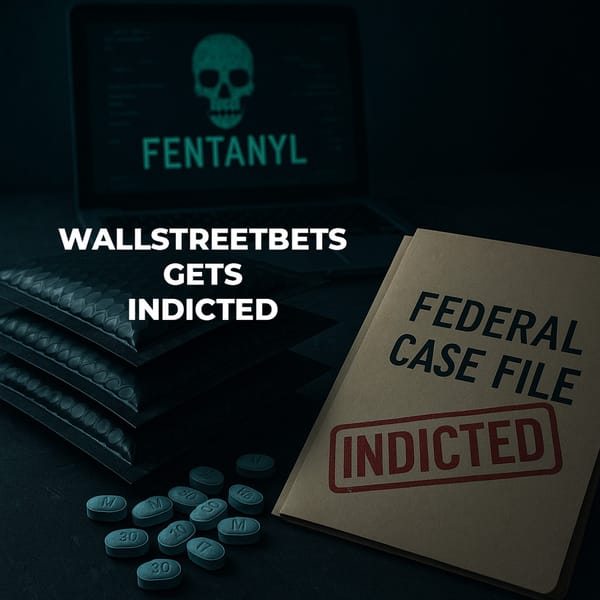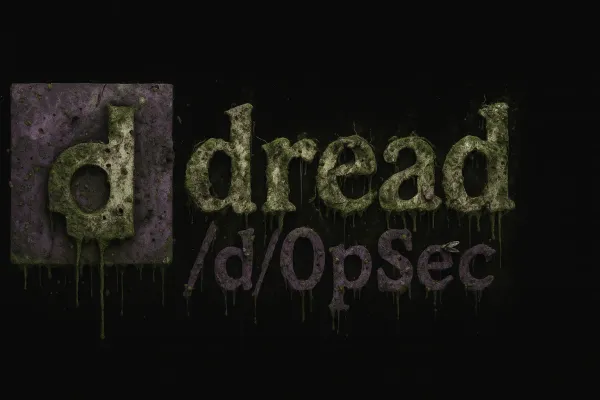Darknet Drug Markets Expand, While TRM Labs Peddles State Propaganda
Despite institutional claims of disruption, darknet drug trade hit $2.4 billion in 2024. Messaging platforms like Telegram and WhatsApp are misrepresented.

Illicit online drug sales reached $2.4 billion in 2024, marking a 19% increase from the previous year. That’s not a collapse it’s expansion. TRM Labs, a blockchain surveillance firm masquerading as an intelligence provider, claims this reflects a “fragmentation” of traditional darknet markets. But their framing is riddled with disinformation. What’s happening is that robust darknet ecosystems particularly Tor-based vendor shops and Russian-language marketplaces continue to scale, while centralized, insecure alternatives collapse under their own weight.
TRM Labs highlights a 42% decline in new darknet market launches but fails to mention that nearly half of the new markets launched were Monero-only. Monero (XMR) renders TRM’s surveillance tools functionally useless. That’s why they pivot to breathless coverage of platforms like Telegram, WhatsApp, and Signal, mislabeling these as signs of “decentralization.”
Telegram and WhatsApp are not decentralized, anonymous, or secure in any serious adversarial model.
➣ Telegram: Controlled by a private corporation headquartered in Dubai, Telegram offers no metadata protection, stores cloud chats unencrypted, and has cooperated with multiple governments under pressure. The 2024 arrest of founder Pavel Durov triggered mass vendor migrations not because the platform failed, but because it was exposed for what it is: a honeypot waiting to happen.
➣ WhatsApp: Owned by Meta. All metadata who you talk to, when, and how often is shared with law enforcement and intelligence agencies. Encryption is irrelevant when the backend is fully compromised.
➣ Signal: While it offers stronger encryption and a smaller attack surface, it still requires a phone number for registration and operates through centralized servers. It’s not suitable for high-risk trade.
➣ Social media platforms like Instagram and Reddit, often used for drug-related advertising or coordination, are total opsec failures. Every interaction creates a permanent trail tied to IP addresses, device fingerprints, and identity-linked logins.
TRM Labs pushes the narrative that migration to these platforms is innovation. In reality, it’s devolution. The only secure platforms with a proven track record are those that operate through Tor, use XMPP with OMEMO or OTR, and avoid any contact with clearnet infrastructure. These are the protocols that law enforcement actually struggles to penetrate, which is precisely why TRM ignores them.
Vendor-operated shops on Tor are growing rapidly. In 2024, crypto sent to these shops doubled from $289 million to over $600 million. These shops eliminate intermediary fees, remove reliance on volatile DNM uptime, and preserve anonymity if used correctly. TRM claims to track these payments, but their metrics are limited to Bitcoin and TRON. Monero-based trade now standard among serious vendors remains invisible to them. Any claim to complete data in this sector is not just misleading, it’s fraudulent.
On the production side, TRM reports a decline in crypto sent to Chinese precursor chemical suppliers: from $27.6 million to $17 million in 2024. This is attributed to token regulatory crackdowns following the Biden-Xi summit. The real story? Producers are switching analogs and obfuscating transactions through off-chain payments and communication channels that TRM can’t monitor. They’re adapting. Surveillance firms are guessing.
And what of the so-called “Russian-language DNMs”? These aren’t geographic markets they’re operational models. Resilient, incentive-aligned, technologically competent marketplaces running on proven infrastructure. They don’t collapse in exit scams. They shut down cleanly, often refunding users before closure. They innovate with AI dispute resolution, UX customization, and cross-platform integration via secure protocols. That’s not failure. That’s evolution.
TRM Labs exists to provide regulatory justification for blockchain surveillance tools, which serve law enforcement and financial compliance regimes. Their “crime reports” are designed to reinforce state narratives about crypto use, justify more intervention, and push surveillance compliance tools to VASPs. They do not serve the public. They serve control.
The truth is simpler: darknet markets are not dying they’re getting smarter. The drug trade is decentralizing in structure, not in security. Secure, pseudonymous trade will continue because code doesn’t ask permission, and the demand isn’t going anywhere.
Read the full TRM Labs 2025 Crypto Crime Report if you enjoy fiction wrapped in data




